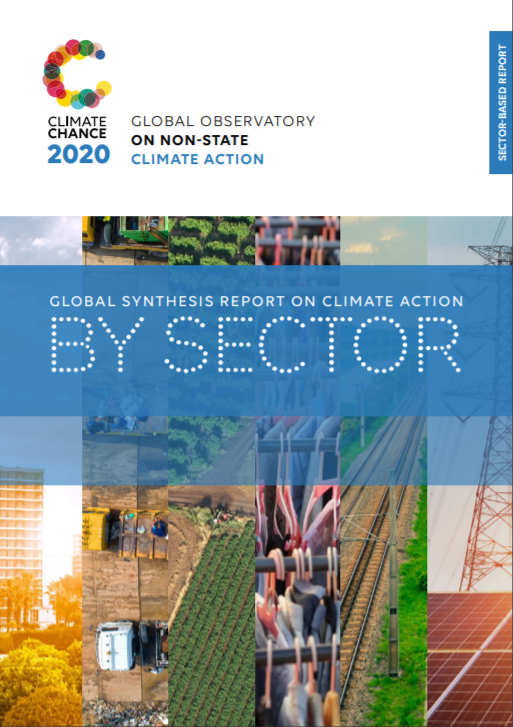
The general decline in both energy use and production of goods and services constitutes a powerful factor in reducing GHG emissions. This was evident in 2019 and is so again 2020.
The pandemic and its consequences have accelerated some progress made with regard to the transition, particularly electricity production, urban mobility and waste treatment.
The crisis is also reversing some encouraging trends observed in recent years, such as access to off-grid energy in developing countries, efforts to reduce transport emissions, and efforts to protect forests.
The shock of the plunge in demand and oil prices has ambivalent effects in the short term, but may well lead to structural changes in some sectors.
-
Energy
Restructuring of electricity production players at a forced marchPage 18
-
Transport
The pandemic has halted the continuous rise in emissions but undermined the long-terme strategies of stakeholdersPage 46
-
Waste
Asian restriction and the pandemic trigger miscellaneous efforts to resolve the waste crisisPage 178
-
Land use
Local action boosts the lackluster performance of international commitments on land and forestsPage 212
The health/economic crisis is reversing progressive trends that have been tracked for several years or even decades by socio-economic indicators such as food security, access to clean energy, health and education.
The fall in household income could jeopardise climate objectives, as energy solutions retained may be more economical but also more emissions and pollution intensive. For example the decreased popularity of public transport exemplifies a trade-off between human health priorities and emissions reduction.
Since the Paris Agreement, States have struggled to mobilise funding in line with what is required for the 2°C pathway. Recovery plans and emergency aid are redirecting considerable financial resources towards sectors deemed a priority by States, sometimes without any concessions including for high GHG emitters.
Already at the heart of the climate agenda in the runup to a review of contributions to the Paris Agreement, the recovery plans strengthen the role of States in the strategic, economic and financial steering of the ecological transition.
Although action coalitions and cooperation initiatives struggle to reach their objectives, a growing understanding and awareness coalescing around carbon neutrality over the past two years has influenced companies, cities and financial actors to take action on their emissions perimeters.
Mass climate rallies, civil disobedience and legal actions are giving rise to a new arena to fight for climate justice. Outside institutional channels, this arena is taking over the climate language to challenge actors’ behaviours, reverse economic sectors’ trends and transform national and international action frameworks.
Institutions have begun to respond by integrating the voices and skills of citizens into the formulation of climate policies. Examples include randomly selected citizen committees and experiments in community forest management, scaled up by national or international authorities.


